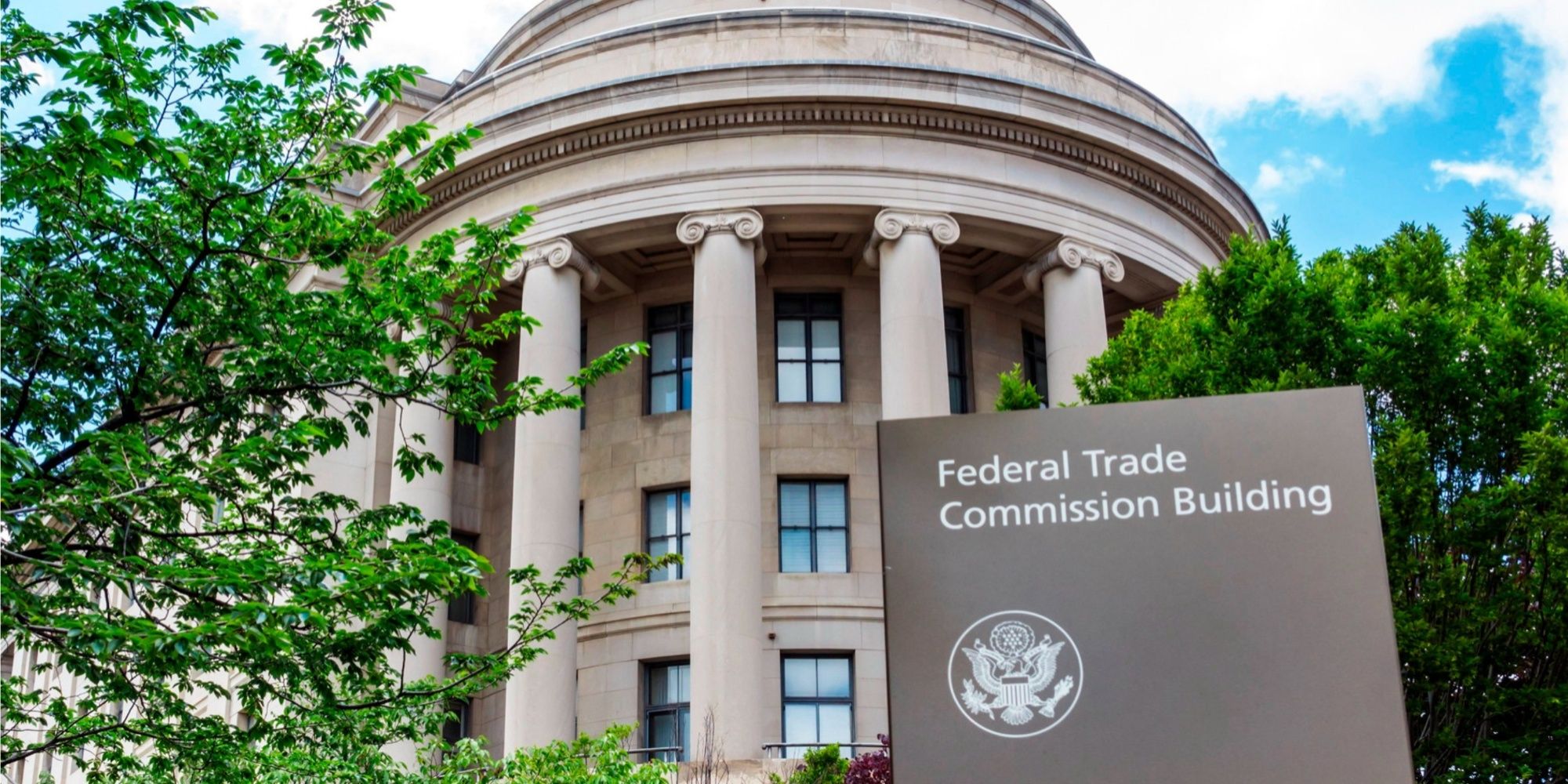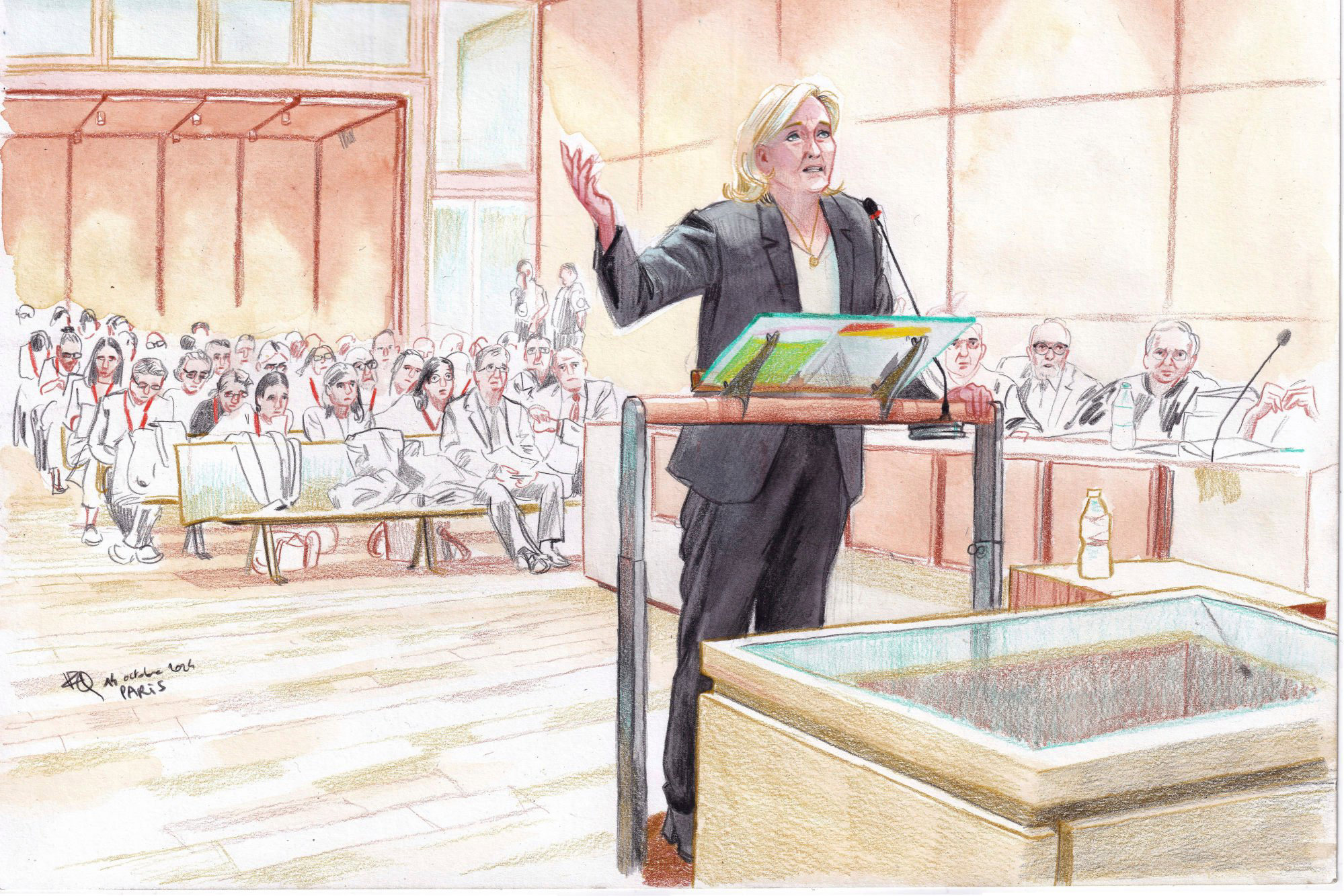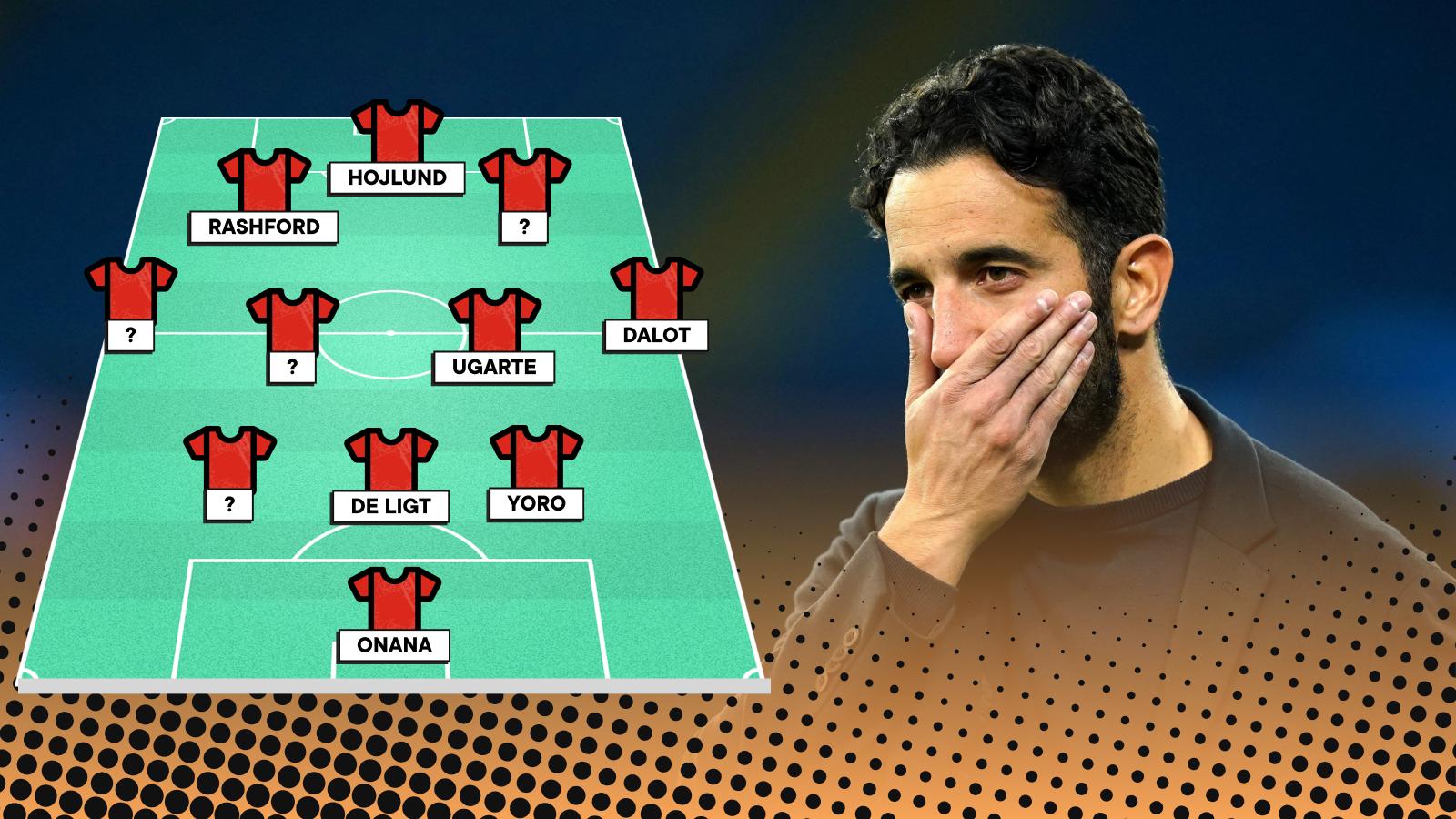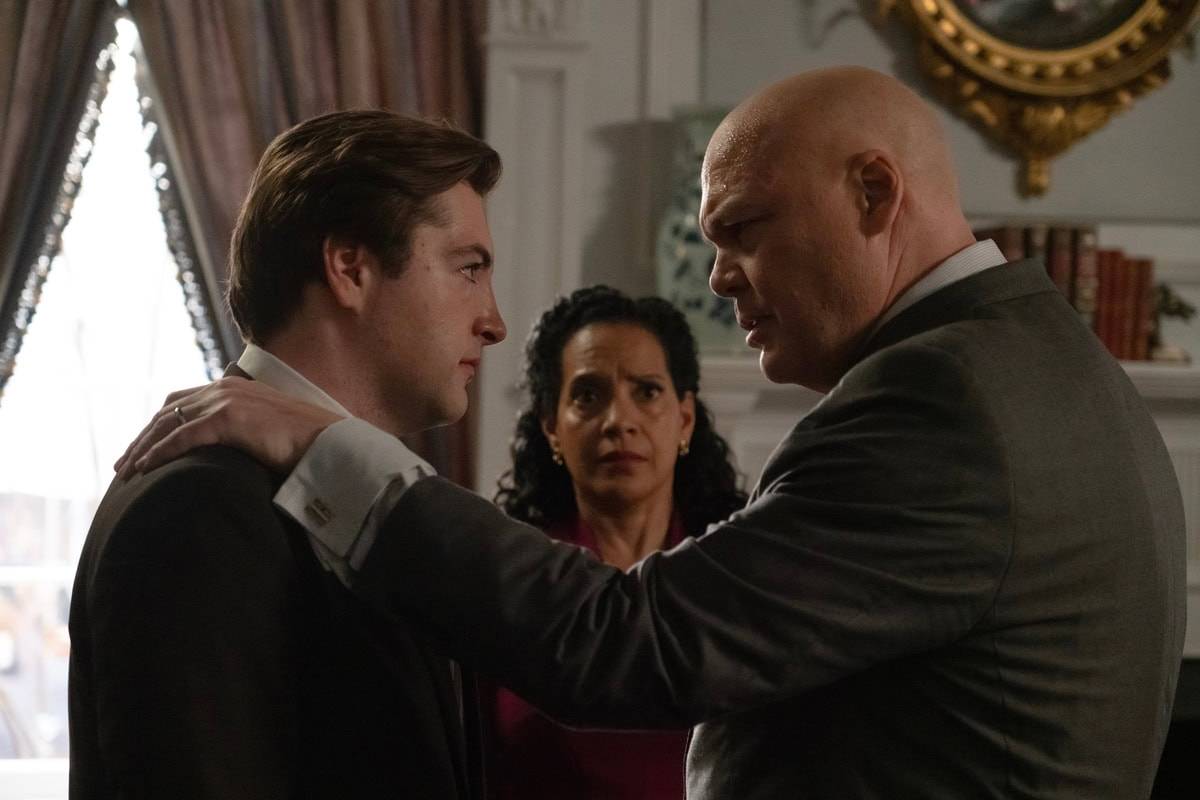FTC To Challenge Ruling Allowing Microsoft Activision Blizzard Deal

Table of Contents
The FTC's Arguments Against the Microsoft Activision Blizzard Merger
The FTC's opposition to the Microsoft Activision Blizzard deal centers on several key concerns, primarily focusing on the impact on competition and the future of gaming.
Concerns Regarding Competition
The FTC's core argument revolves around the potential for reduced competition within the gaming market, especially concerning the immensely popular Call of Duty franchise. They argue that the merger would give Microsoft an unfair advantage, potentially stifling innovation and harming consumers.
- Reduced competition leads to higher prices for consumers: A lack of competition allows companies to raise prices without fear of losing market share. The FTC argues that Microsoft's acquisition of Activision Blizzard could lead to precisely this outcome.
- Limited choice and innovation in gaming experiences: With less competition, consumers might face fewer choices and a decline in innovation as Microsoft prioritizes its own platforms and games.
- Microsoft could leverage Call of Duty to gain an unfair advantage on its gaming platforms (Xbox): The FTC fears Microsoft could make Call of Duty exclusive to Xbox, or offer it on other platforms at a disadvantage, harming competitors like PlayStation and Nintendo.
- Potential harm to other game developers and publishers: A dominant Microsoft could use its power to pressure or exclude smaller competitors, hindering the growth of the gaming ecosystem.
Impact on Game Streaming
The FTC also expresses serious concerns about the impact of the merger on the burgeoning cloud gaming market.
- Microsoft could restrict access to Call of Duty and other Activision Blizzard titles on rival cloud gaming platforms: This would significantly limit consumer choice and potentially stifle innovation within this rapidly growing sector.
- This could limit consumer choice and stifle innovation in the cloud gaming market: Restricting access to popular titles on competing cloud services creates a barrier to entry for smaller providers, hindering competition and innovation.
- This move could create a monopoly situation, harming consumers: The FTC argues this would lead to higher prices, fewer choices, and ultimately a less dynamic and competitive cloud gaming market.
Microsoft's Defense of the Activision Blizzard Merger
Microsoft vehemently defends its acquisition of Activision Blizzard, arguing that it will ultimately benefit gamers and the industry as a whole.
Arguments in Favor of the Deal
Microsoft contends that the merger will bring numerous positive outcomes for the gaming community.
- More games would be available across multiple platforms, benefiting consumers: Microsoft has pledged to continue releasing Activision Blizzard titles across various platforms, expanding access for a wider audience.
- Increased investment in game development: The merger will allow for greater investment in developing new games and expanding existing franchises.
- Expansion of game streaming services: Microsoft plans to leverage Activision Blizzard's expertise to enhance its own game streaming offerings.
- Bringing popular Activision Blizzard games to a wider audience: This would expand the reach of beloved franchises like Call of Duty, World of Warcraft, and Candy Crush.
Addressing FTC Concerns
Microsoft has attempted to address the FTC's concerns by making various commitments.
- Long-term agreements with competitors ensure Call of Duty availability: Microsoft has signed agreements to ensure Call of Duty remains available on competing platforms for a significant period.
- Maintaining fair competition and preventing monopolistic practices: Microsoft insists it will operate fairly and avoid using its market position to stifle competition.
- Transparency and openness to address regulatory concerns: The company has attempted to engage constructively with regulators to demonstrate its commitment to fair competition.
Implications of the FTC's Challenge for the Gaming Industry and Beyond
The FTC's challenge to the Microsoft Activision Blizzard merger has far-reaching implications for the gaming industry and beyond.
Precedent Setting
This legal battle will set a significant precedent for future mergers and acquisitions in the tech sector.
- Other large mergers will face more rigorous scrutiny: This case raises the bar for regulatory scrutiny of large tech mergers, potentially slowing down future consolidation.
- Increased regulatory oversight of the tech industry: Expect to see greater government oversight and intervention in tech mergers to protect competition.
- Potential impact on future innovation and investment: Increased regulatory hurdles could affect future innovation and investment in the tech industry.
The Future of Game Streaming and Console Wars
The outcome of this case will profoundly influence the future of game streaming and the ongoing "console wars."
- Microsoft's market dominance could increase or be challenged: The merger's success or failure will significantly impact Microsoft's position in the gaming market.
- Impact on the strategic direction of game developers and publishers: The outcome will affect how other developers and publishers make strategic decisions.
- Potential shifts in market share and consumer preferences: Consumer choices and the overall market landscape will likely be affected.
Conclusion
The FTC's challenge to the Microsoft Activision Blizzard deal is a landmark case with far-reaching consequences for the gaming industry and the broader tech sector. The FTC's concerns regarding competition and the potential for monopolistic practices are substantial. While Microsoft presents arguments supporting consumer benefits, the FTC's actions demonstrate the increasing scrutiny of mega-mergers in the tech world. The outcome will profoundly shape the future of gaming, impacting the console wars, game streaming, and setting a precedent for future regulatory actions. Stay informed about the evolving FTC Microsoft Activision Blizzard deal to understand its full implications for the future of gaming.

Featured Posts
-
 Cuaca Jawa Tengah 22 April Peringatan Hujan Siang Di Semarang
May 29, 2025
Cuaca Jawa Tengah 22 April Peringatan Hujan Siang Di Semarang
May 29, 2025 -
 Le Pen Denounces Embezzlement Conviction As Witch Hunt At Paris Rally
May 29, 2025
Le Pen Denounces Embezzlement Conviction As Witch Hunt At Paris Rally
May 29, 2025 -
 Q Music Leadership Change John Jc Collins And Tina Radburn Step Down
May 29, 2025
Q Music Leadership Change John Jc Collins And Tina Radburn Step Down
May 29, 2025 -
 Felbecsuelhetetlen Ertek Ritka Magyar 100 Forintos Ermek
May 29, 2025
Felbecsuelhetetlen Ertek Ritka Magyar 100 Forintos Ermek
May 29, 2025 -
 Vaccinazione Covid 19 Ed Ecdc Riduzione Del 27 Del Rischio Di Long Covid
May 29, 2025
Vaccinazione Covid 19 Ed Ecdc Riduzione Del 27 Del Rischio Di Long Covid
May 29, 2025
Latest Posts
-
 Bruno Fernandes Amorim Desmente Rumores De Transferencia
May 30, 2025
Bruno Fernandes Amorim Desmente Rumores De Transferencia
May 30, 2025 -
 Amorim Garante Bruno Fernandes Nao Sai Do Manchester United
May 30, 2025
Amorim Garante Bruno Fernandes Nao Sai Do Manchester United
May 30, 2025 -
 Palavra De Amorim Bruno Fernandes Imovel No Manchester United
May 30, 2025
Palavra De Amorim Bruno Fernandes Imovel No Manchester United
May 30, 2025 -
 Guillermo Del Toro Teases Frankenstein Trailer Premiere Date Announced
May 30, 2025
Guillermo Del Toro Teases Frankenstein Trailer Premiere Date Announced
May 30, 2025 -
 The Unseen White Tiger Analyzing The Cut Daredevil Born Again Episode 4 Scene
May 30, 2025
The Unseen White Tiger Analyzing The Cut Daredevil Born Again Episode 4 Scene
May 30, 2025
